OPINION: What if everything we believe about education is a lie?
The Hechinger Report
DECEMBER 16, 2020
An avowed Marxist, deBoer argues unabashedly that he has set out “to demolish the entire meritocratic system and give [underprivileged] kids equal economic circumstances to begin with,” as a Wall Street Journal review of his book summarized. It is a very different thing to ask, “What do we want every child to achieve?” Maybe they never will.

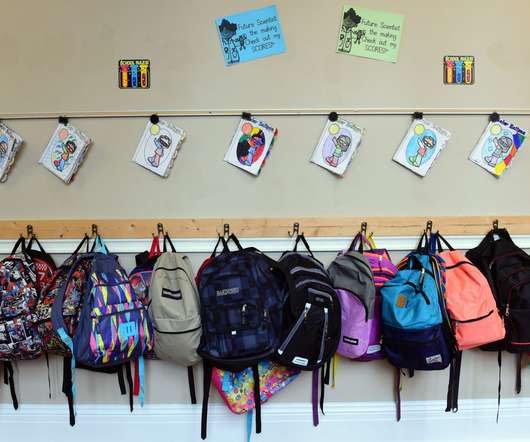
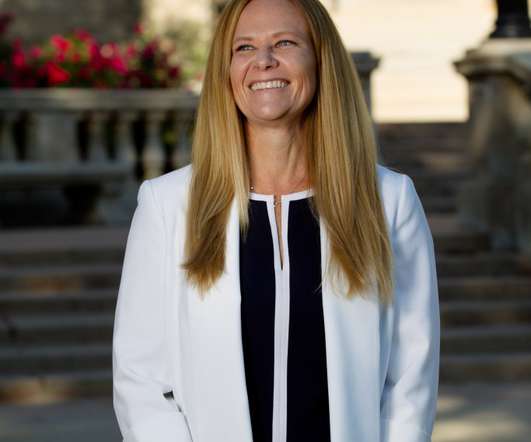
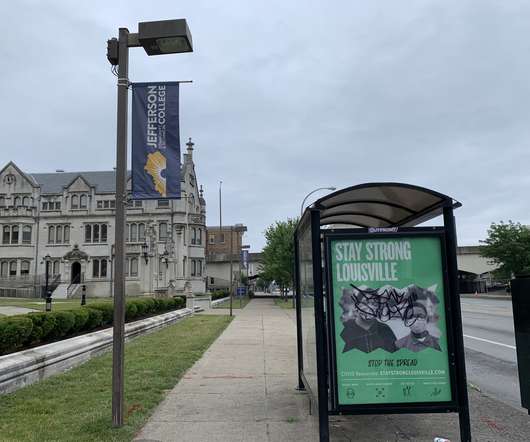
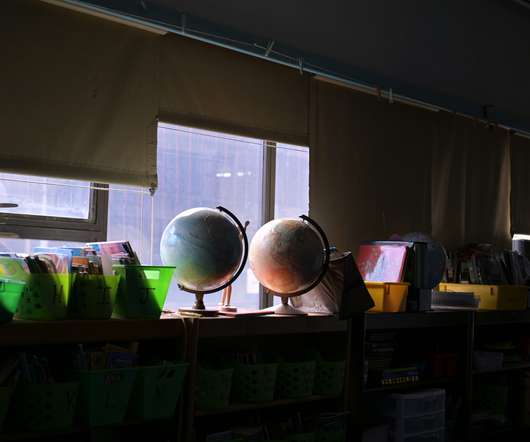
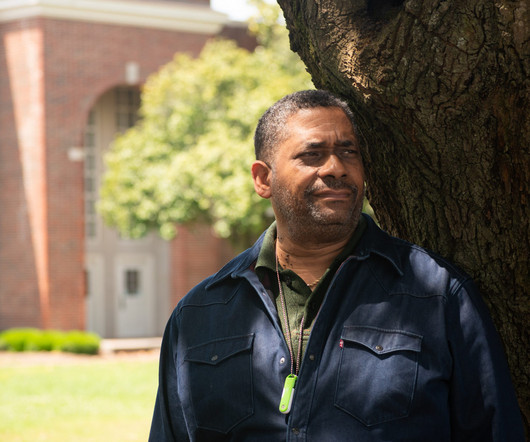






Let's personalize your content